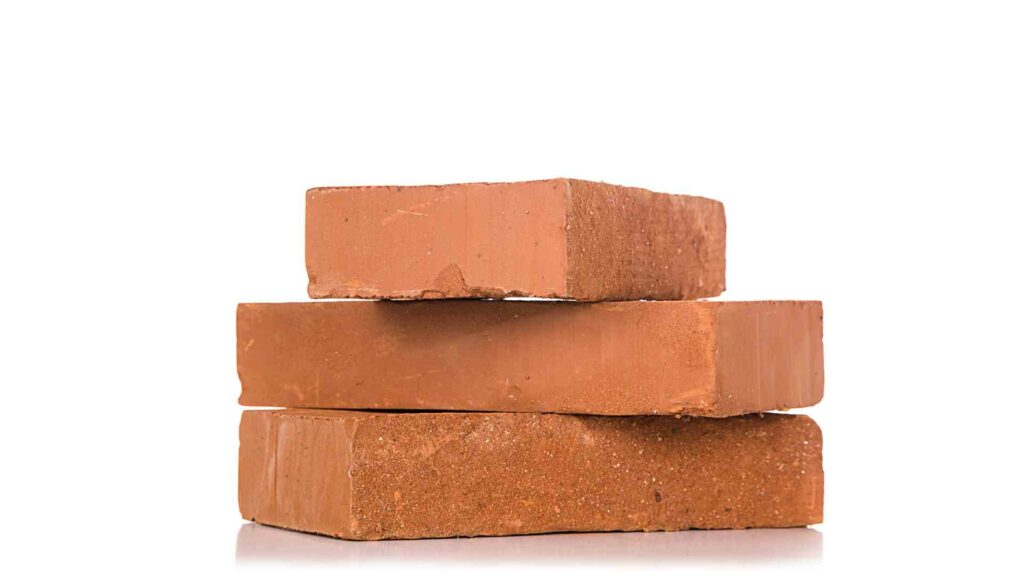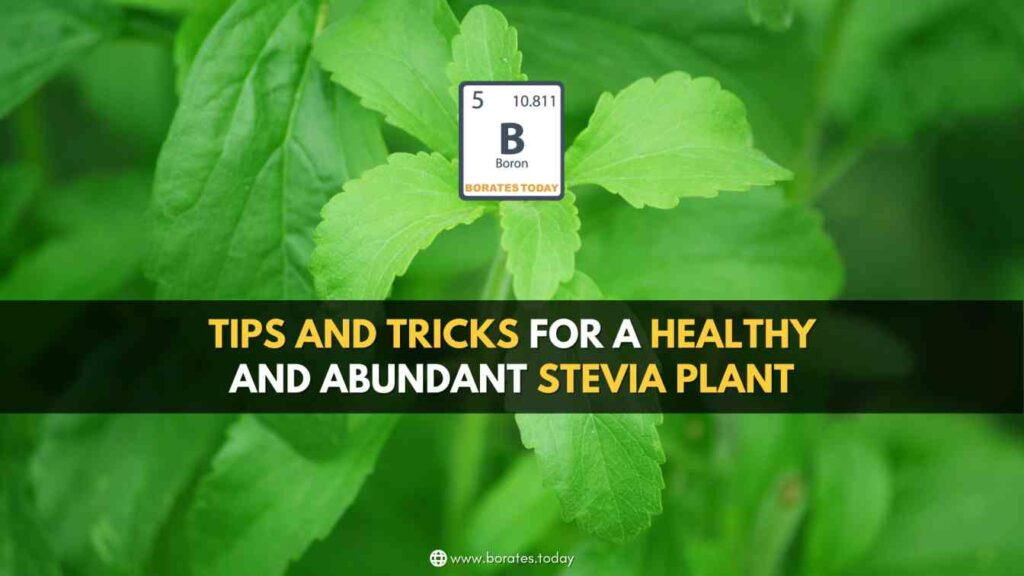Welcome to this Video, where we’re diving deep into the role of boron, a trace mineral that is essential for proper plant growth and development.
Tune in to learn more about boron and how farmers can use it to increase yields and improve crop quality.
Plant Growth with Boron
First, let’s talk about the role of boron in plant growth.
Boron is involved in many plant growth processes, including cell division, pollination, and seed production. It helps to transport water and nutrients throughout plant growth and is necessary for the formation of root systems. Also, boron plays a key role in the carbon fixation process, which is how plants turn carbon dioxide from the air into food through photosynthesis.
But how can farmers ensure that their plants are getting enough boron?
One method is to use a soil test to determine the boron levels in the soil. If the levels are low, farmers can apply boron fertilizers, such as borax or boric acid, to the soil. It’s essential to be careful when applying these fertilizers, as over-applying can lead to toxicity in the plants. To ensure the plant is not boron deficient, it’s important to monitor the levels of boron in the soil.
Another option is to use foliar sprays, which are applied directly to the leaves of the plants. This method can be especially effective for plant growth with a high demand for boron, such as fruits and vegetables.
Boron Helps in Overcoming Seed Failure
Boron is necessary for plant growth for the formation and development of seeds and helps to ensure that seeds are viable and able to germinate. Without enough boron, seeds can fail to develop properly, resulting in seed failure.
One of the ways that boron helps overcome seed failure is by ensuring that the seed coat is properly formed. The seed coat helps to protect the developing embryo from damage and disease and is essential for germination. By maintaining optimal plant growth and monitoring boron levels in the soil, farmers and growers can help to reduce the likelihood of seed failure.
Boron Effective Against Ergot Fungus
Ergot fungus is a significant problem for farmers, as it can infect cereal grains such as wheat, barley, and rye and reduce crop yields. The fungus produces toxic alkaloids that can be harmful to animals and humans and can even cause hallucinations in people who consume infected grains. One way to combat ergot fungus is by using boron. Boron has been found to be an effective inhibitor of the growth and reproduction of ergot fungus.
The way boron works for plant growth is by disrupting the fungal cell wall, making it difficult for the fungus to survive. Additionally, boron has been found to disrupt the biosynthesis of the toxic alkaloids produced by the ergot fungus, further limiting the fungus’s ability to infect crops.
By monitoring the levels of boron in soil and adjusting fertilization practices accordingly, farmers can help ensure that their plants are getting the right amount of boron, leading to increased yields and better crop quality. We hope you now have a better understanding of the role of boron in plant growth.
Remember, boron is an essential mineral for plants, but it must be used in the correct amounts.





